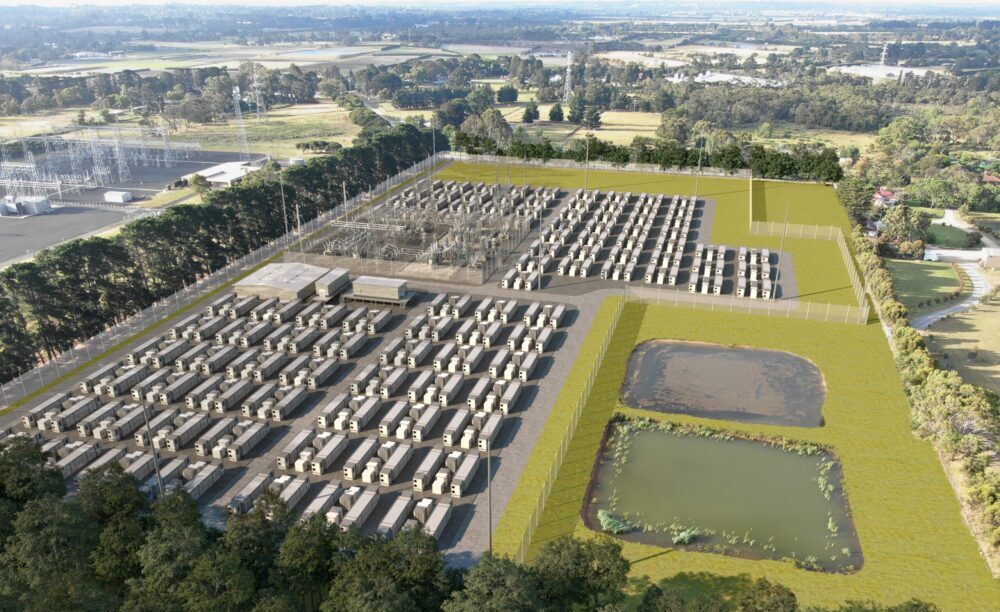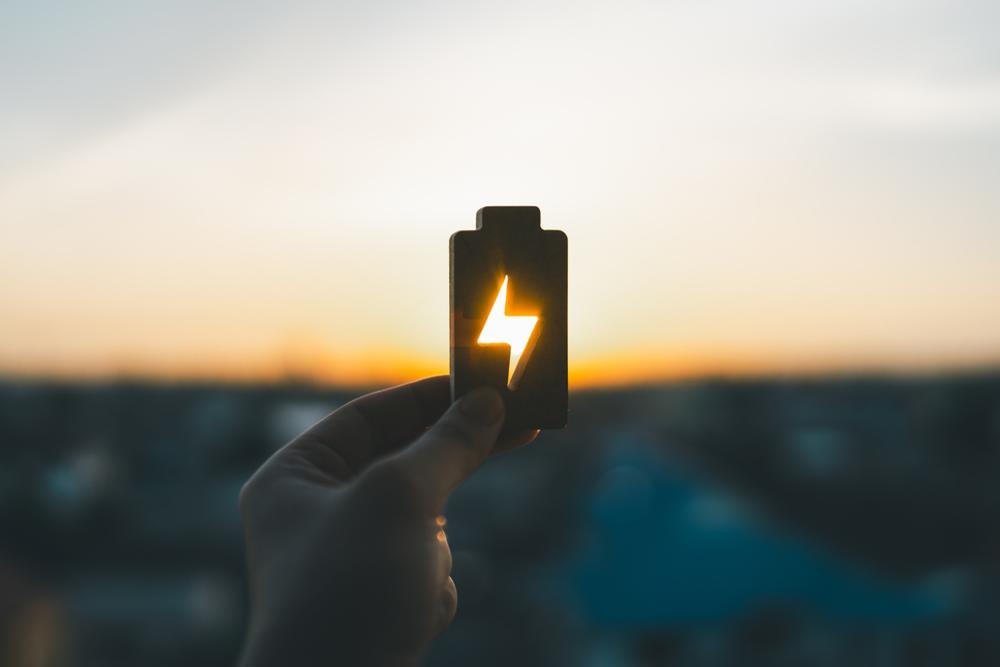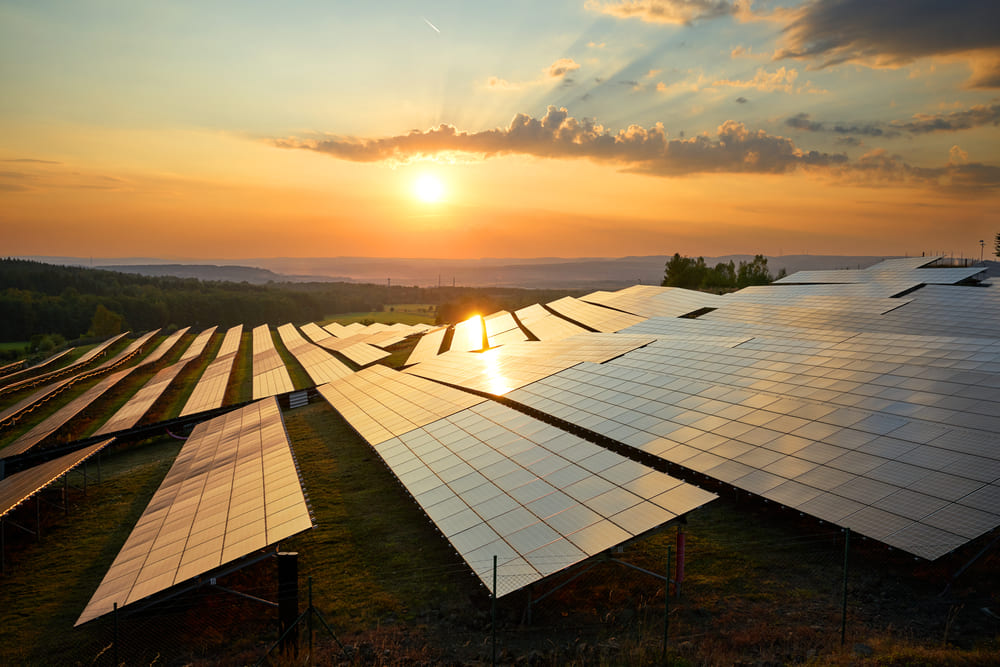
Australian renewable energy company, Maoneng, has announced that its proposed 240MWp / 480MWh Battery Energy Storage System in Victoria’s Mornington Peninsula will use lithium iron phosphate (LFP) batteries as a result of their strong safety performance.
LFP technology is used around the world in numerous applications, and Maoneng notes that the decision to adopt it follows an extensive technical analysis of various battery types available on the global market.
LFP batteries have a relatively much higher thermal stability and less dense chemical composition than other varieties prominent in utility-scale batteries, such as NMC technology, therefore significantly reducing risks.
In addition to the batteries, the Mornington BESS will also have other safety management measures incorporated into its design.
Among these will be a state-of-the-art fire detection system, plus an advanced fire suppression system that operates 24/7 and deploys a condensed aerosol agent to automatically handle any potential hazard in minutes.
Maoneng advises that the fire suppression system is globally proven and has been used in many critical applications to suppress fire in the enclosed special hazard conditions often found in power generation, battery energy storage, and oil and gas projects.
Maoneng’s Co-founder and CEO, Morris Zhou, said it is important for people to understand how battery technology vary and risks are mitigated.
“Batteries will play an increasingly important and necessary role as Australia transitions from traditional energy sources to renewable energy,” he said.
“LFP technology has a very good safety record, which is why we have chosen it for the Mornington BESS. The batteries will be supported by other systems to enable a high level of confidence in our approach to safety.”
Maoneng’s proposed Mornington BESS will support the Victorian Government’s objective of improving regional electricity reliability, while also helping promote clean technologies and economic growth. The company is currently undertaking a competitive tender process to select an appropriately experienced contractor for the project, which is scheduled for completion in mid-2023.












